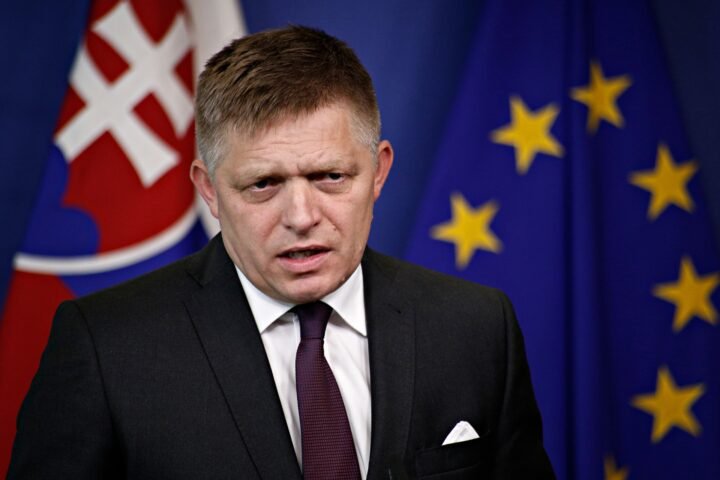On June 17, 2025, Poland confirmed multiple incidents of GPS signal disruptions over the Baltic Sea, raising alarms across NATO. Polish officials suspect these actions are part of a deliberate campaign by Russia to interfere with satellite navigation systems, posing significant risks to both civil and military operations in the region.
Poland Sounds the Alarm on GPS Interference
At a press conference held at the Łask Air Base in northern Poland, Deputy Prime Minister and Minister of National Defence Władysław Kosiniak-Kamysz stressed the growing frequency of GPS jamming and spoofing attacks in the Baltic region. The disruptions were not isolated incidents; Poland’s NATO allies confirmed similar interference patterns.
According to Kosiniak-Kamysz, the source of the disruptions is Russian electronic warfare activity, part of what experts now refer to as hybrid aggression—a blend of military, cyber, and disinformation tools used to destabilize adversaries without formal warfare.
Wider European Concern Over Navigation Threats
Thirteen EU member states have formally urged the European Commission to address the issue urgently, pointing to the strategic threat of GPS disorganization within EU airspace and waters. For commercial airlines, cargo vessels, and fishing fleets, reliable satellite navigation is critical—and these attacks put lives and economies at risk.
The pattern is familiar. In March 2024, Russian GPS interference targeted over 870 aircraft, while in January 2025, both large cargo ships and small fishing boats experienced navigation blackouts across the Baltic Sea. These operations appear carefully orchestrated and increasingly frequent.
From Crimea to Kaliningrad: A Long History of Disruption
Russia’s playbook isn’t new. Since the early stages of its war on Ukraine, the Kremlin has deployed GPS jamming and spoofing technologies—particularly around occupied Crimea. According to the American think tank C4ADS, Russian forces used electronic warfare equipment to distort satellite signals over 10,000 times, disrupting ship and aircraft positioning systems in the Black Sea region.
These disruptions can render navigation systems blind, causing vessels and aircraft to misidentify their own coordinates, potentially leading to accidents, restricted access to international waters, or even unintentional border violations.
The U.S. Director of National Intelligence has repeatedly flagged Russia’s interest in neutralizing American satellite systems. Russian forces have used spoofing attacks since at least 2016 near Kaliningrad and Crimea, impacting both military operations and civilian GPS users.
Violation of International Communication Norms
Russia’s actions are in direct violation of Article 47 of the International Telecommunication Union (ITU) Constitution, which obliges member states to prevent the spread of false distress signals or misleading location data. By jamming and falsifying navigation signals, Moscow is disregarding global telecommunications norms, escalating tension in an already fragile security landscape.
These GPS disruptions are more than technical nuisances—they are a form of modern warfare, designed to confuse, provoke, and destabilize. Whether in the air or at sea, the interference threatens the safety of civilians, operational readiness of NATO, and the integrity of international law.








